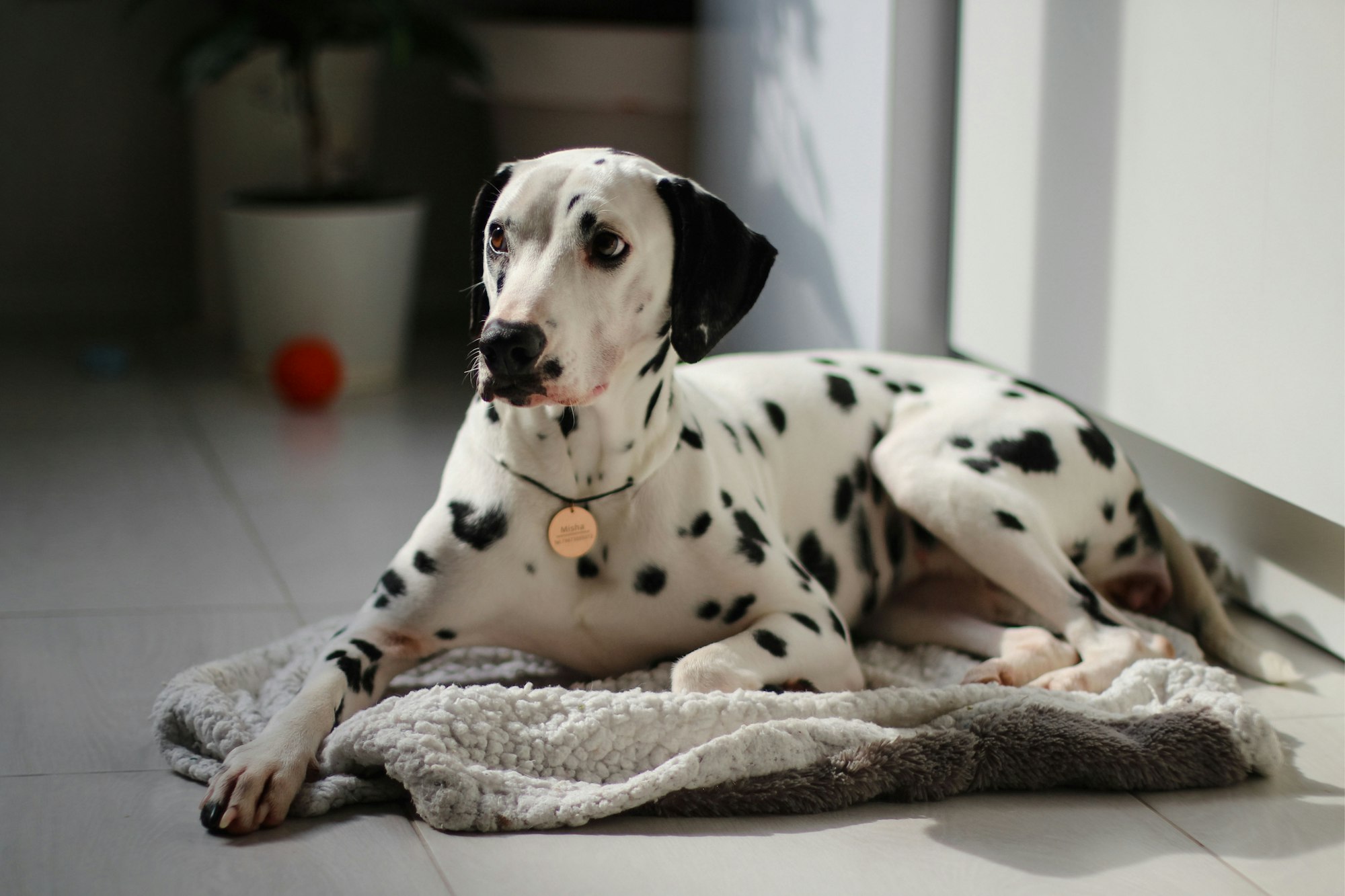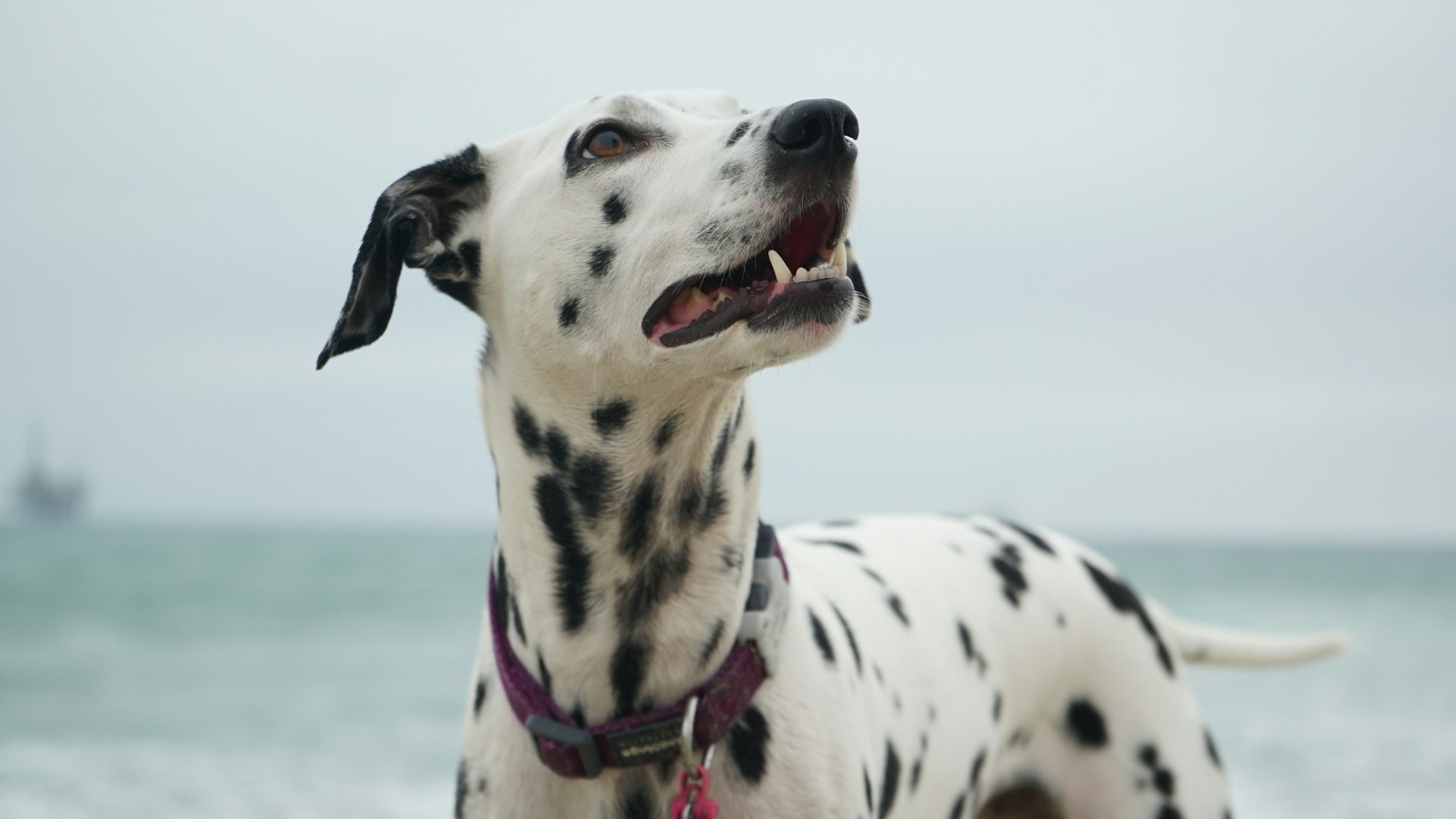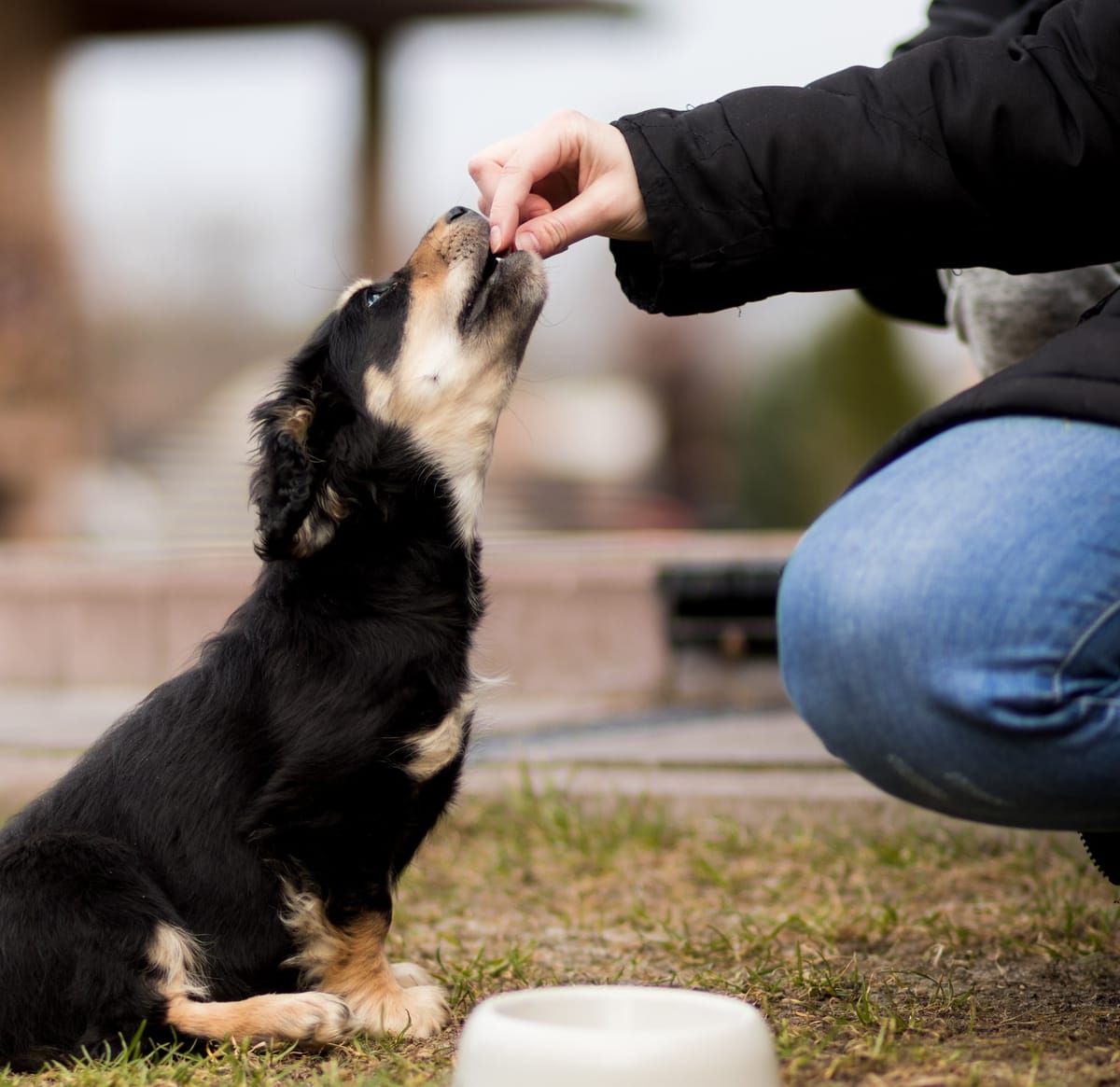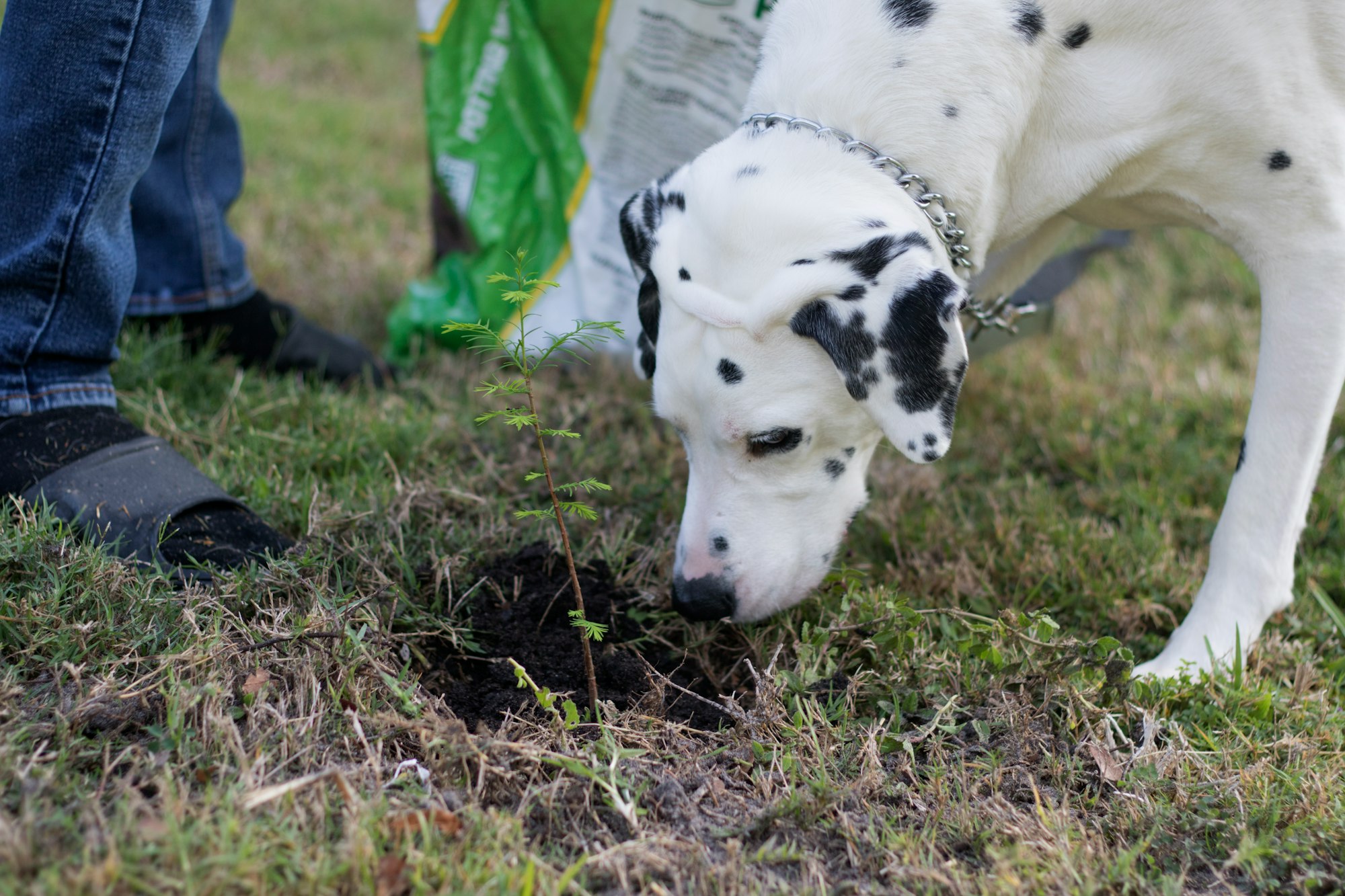When you're thinking of a Dalmatian, you're probably like, oh, those dogs with the short hair and the sick black spots everywhere, right? But hold up, because there's actually this other kind of Dalmatian that's got super long hair, and it's really rare, you know? These doggies are basically the same as the normal ones, but they're rocking this crazy fluffy look that's just, like, wow! It's like someone gave a Dalmatian a fur coat upgrade of a lifetime and it's pretty epic.
So, if you're totally into dogs and want one that's like, the cool kid on the block, you gotta check out the Long-Haired Dalmatian. They're basically the chill, unique version of those spotty dogs everyone's obsessed with. It's like someone took a regular Dalmatian and was like, "Let's add some extra fur to this guy!" And oh my gosh, it's the best. They've got those same spots we all know and love, but now they're all fancy, and stuff. You're gonna freak out over these because they still have that Dalmatian vibe, but with a sick twist. It's like getting a new puppy that's already got the freshest outfit on!
Meet 5 Popular Long Haired Dalmatian from Instagram
Luca
Source: @lilcutieluca
Meet LUCA, the super cute Long-Haired Dalmatian dude from Houston, Texas. He's got this crazy cool coat that makes him stand out like a popstar, and he's got a personality that's like, always ready to party! LUCA is like, the king of fun and he's never bored because he's either chilling outside, sniffing around and playing, or kicking it at home doing doggie stuff. So, let's check out LUCA's epic life (@lilcutieluca) and see what kind of fun he gets into with his cool spots and fluffy fur!
Kona
Source: @konablue_dal
Meet Kona, she's this totally cool Dalmatian with one eye that's black and one that's blue, and she's got super long hair. She lives in Arlington, VA with some humans who I guess are her family. Her first day at their house was on December 1, 2023, and oh my gosh, she's like a genius dog or something. She learned her name and how to sit and stand like a champ in only two days. I mean, that's pretty impressive for a pup.
Nikola
Source: @nikola.dalmatian
Say hi to Nikola, a cool Long Hair Dalmatian, pup born on October 2, 2023. She calls Chicago home living with her human family and enjoying a great life. Nikola brings fun to every party and loves to celebrate holidays with her parents. Christmas brings her awesome gifts, Valentine's Day sees her spreading love everywhere, and on Thanksgiving, she digs into turkey like there's no tomorrow. Nikola's living her best days with her human crew creating her own little bubble of happiness.
Lotus
Source: @the.mostly.white.lotus.pup
Meet Lotus, this super cute Dalmatian with long hair and liver spots! She was born on 4th June 2024, her adoption day, which is pretty cool. Lotus lives in the chill suburbs of the place where all the cars come from, you know, Motor City! Her human mom and dad picked her name because they're totally into the show "The White Lotus," and it fits because they're crazy about cars too. But get this, the Lotus flower is actually pretty special to them 'cause it's all about healing and stuff, so that's another reason they named her that.
Goose
Source: @goose_thedalmatian
Say hi to Goose, a long-haired Dalmatian living with his human family in Denver Colorado. His current parents brought him home from Kansas on July 2nd, 2023. Since then, Goose has settled into a joyful life with his new family. He stands out with his distinctive coat, a departure from the typical short-haired Dalmatian look. Goose's journey shows how adopting a pet can bring happiness to both the pet and its human companions.
Long Haired Dalmatian Basic Information
The Dalmatian breed's history is kinda like a mystery, especially the ones with long hair. Getting a Dalmatian with long hair is like winning the lottery because it happens so rarely. It's all because of this sneaky recessive gene, which means both the mom and dad dog have to have it to make those fancy long-haired pups. This makes them super rare and cool to see.
Long-haired Dalmatians might not be spotted everywhere, but they're still totally a strong part of the same dog family as the short-haired ones. They go way back, like to ancient Greece and Rome. The gene that makes their fur long has been chilling in the breed for ages, but the short-haired version is like the popular kid in school, hogging all the attention.
Physical Characteristics: What Makes them Different
When it comes to how they look, the long-haired Dalmatian isn't all that separate from the short-haired ones except for the obvious – the hair. It's like they went to the salon and got a fancy cut that's medium to long all over, but extra fluffy around the ears, chest, and tail. They've got that same muscular body and sharp face that everyone loves about Dalmatians. They're basically the same dog, just with more flow to their fur and a bit more high-maintenance grooming-wise.
Weight and Size
So, guys, if you're thinking about getting a Dalmatian with a lot of hair, you should know they're kinda heavy. Dude, male Dalmatians can weigh like 50 to 70 pounds, which is like lugging around your super packed sports bag with all your gear after practice. And the female ones? They're coming in at about 40 to 60 pounds, which is similar to carrying your heavy school bag full of books and stuff.
Now, when we're talking about their height, they're not like those dogs that make you look twice because they're so huge. These dogs are medium-sized, reaching about 18 to 24 inches high at their shoulders from the paws. It's similar if you put your backpack on the floor and it was around your knee height. That's pretty much how tall they get.
The Temperament of a Long-Haired Dalmatian
Dalmatians are totally those dogs that are super full of energy and love to play around. And the ones with the long fur? They're just like their short-haired buddies but with extra fluff! These doggos are like, really smart and they totally love hanging out with people, especially their fam. These dogs are like, people-magnets. They adore being around humans, which makes them the ultimate squad member. They're like, super loyal to their family too.
If you're all about that fetch life and strollin' around the block, they're your new gym buddy. They're not for couch potatoes because they need that exercise to keep their brains on point and their bods in tip-top shape.
To sum it up, if you and your fam are like, super active and you've got the time to give them love and teach 'em some cool stuff, Dalmatians are the top dog.
Grooming and Care: Maintaining That Fluffy Coat
You should know that Short-haired and long-haired Dalmatians differ in grooming needs. Short-haired Dalmatians shed less, but they're easy to care for. Long-haired ones however, need more attention. You must brush them often around their ears and tail because their fur mats and knots . Remember to use special dog shampoo to keep their coat soft and shiny.
But here's the twist - despite their long coats, these dogs shed a lot! So, expect to see plenty of dog hair around your home. It's as if they're dropping tiny fur trails wherever they roam. You'll need to bathe them often, but not , because no one wants a waterlogged pooch. And remember always use the correct shampoo type - you know, the kind that doesn't make them smell like some bizarre lab experiment gone awry.
If you're aiming for a fluffy Dalmatian, get ready to put in some effort to keep them looking fresh. It's worth it though, because nothing compares to cuddling with a clean soft pup. Just keep in mind, grooming has an impact on them like a part-time job, and you're in charge!
Health Considerations: Watch Out For These Things!
When it comes to staying healthy, here's the deal: a bunch of long haired Dalmatians dogs can have hearing issues, which is like, not fun at all for them. So, it's totally crucial to get your pup's ears checked as soon as you can, like right after you get them. It's all about catching any ear troubles early on, so they don't have to deal with it for too long.
And here's another thing: Dalmatians can get these tiny rock-like things called urinary stones. It's all because of their diet, man. What they eat can lead to these stones forming in their pee, and that's just no bueno for their kidneys. So, you might want to give them some special food that's low in purines - they're these little things in food that can cause all that trouble. Think of it like giving them the right snacks to keep their kidneys happy.
To make sure your Dalmatian is living their best life and fetching balls like a champ, hit up the vet regularly, feed them good stuff, and let them run around like crazy. It's kinda like looking after yourself, but with a furry buddy who loves belly rubs. Regular check-ups, good grub, and tons of exercise will help to keep them fit and fab for a long time. So, if you take care of them in the right way, they'll be your BFF for ages, tail wagging and all.
Training Tips and Exercise Ideas
Dalmatian’s are like nothing you've seen before, and the way you gotta train and exercise them might be different from your regular puppers. But don't sweat it, I've got some tips that could be a total lifesaver!
First things first, training a Dalmatian can be tough, like that class you're totally not acing. They're hella smart, but sometimes they're stubborn as a mule. You've gotta be the chill but firm kind of person, like that one TA who's cool but won't take your crap. Start with the basics, like sit, stay, come – you know, the usual dog stuff. Then, work your way up to the cool tricks, like getting your phone for you, which would be the actual best thing ever, right? But, like, don't expect miracles.
When it comes to exercise, these dogs are like the soccer stars of the dogs world. They need to run and play like you need to get that sweet, sweet adrenaline rush before an exam. So, take them on walks that feel like you're both on a marathon, but maybe not in the middle of summer when it's hotter than the cafeteria food. Mix it up with some jogs, because let's be real, they've got stamina for days.
For playing, grab some toys that make their brains work hard, like those puzzle ones that are more confusing than your calculus homework. They'll love you for it, and it's a killer way to tire them out before they turn your place into a tornado.
Socialization: Helping Your Dalmatian Thrive
How cool is your Dalmatian with other humans and animals, right? That's what we call socialization! It's like taking your dog to school, but instead of math and science, it learns to be friendly and stuff. So, here are some quick tips to help your Dalmatian thrive in the social scene. First off, expose it to different peeps and pets as early as possible. Like, the more the merrier! It'll get used to all sorts of sights and sounds, which is pretty clutch when you're trying to avoid those awkward encounters at the park. Make sure to keep things positive and chill with treats and praise. If it's acting all shy or scared, don't push it too hard. Just let it do its thing and it'll come around. Also, enroll it in a puppy class or dog park trips. This is like the ultimate hangout spot for dogs to learn and play together. Lastly, The more social your Dalmatian is, the happier and more well-rounded it'll be. So, get out there and let your doggie be the life of the party!
Long Haired Dalmatian Diet and Nutrition
These dogs are like, super energetic, so they totally need food that's gonna keep them going without packing on the pounds. So, you gotta go for the best stuff, which is high-quality dog food with the right portion of proteins, carbs, and fats. And don't forget to add the vitamins and minerals, because they're the extras toppings that make a meal awesome. Plus, for their fancy fur coats, you wanna find food that keeps their skin and fur looking fly, so they stay in tip-top shape.
Bottom Lines
The long-haired Dalmatian is like, super cool and different from the regular ones you see. They're like, super rare and totally gorgeous. If you've got an active family, these dogs are the bomb! They're full of energy and super loyal, like your bestie, but with four legs and spots. Now, they do need a bit more TLC with grooming and exercise, like maybe more than your average dog, but it's totally worth it. They're basically like having a living, breathing, furry piece of art that's also your BFF. If you're into their unique charming spotted look or their fun-loving vibe, you're gonna fall in love with a Dalmatian with long hair. They're like the coolest addition to any family, and they'll keep you smiling all the time.
Want to know more about the Dalmatian?







